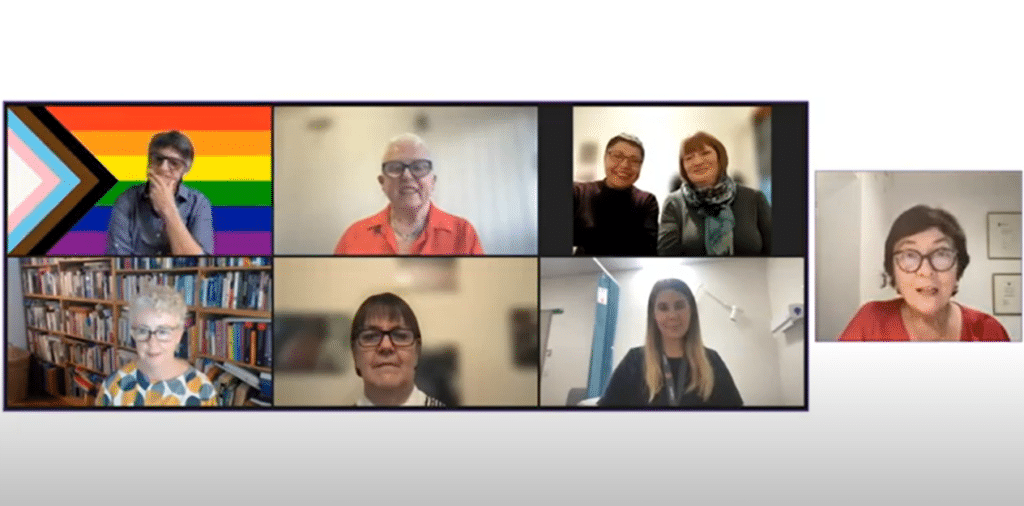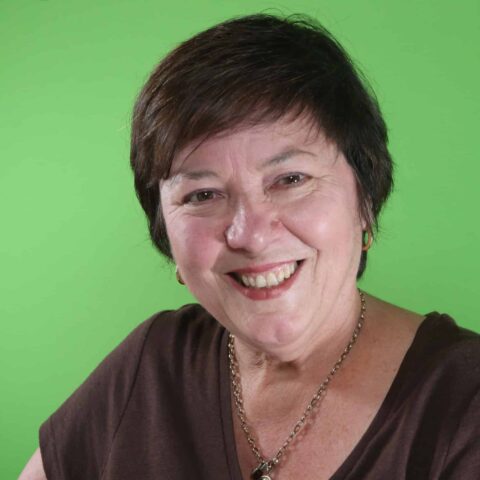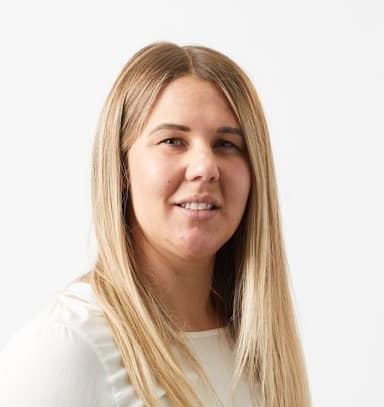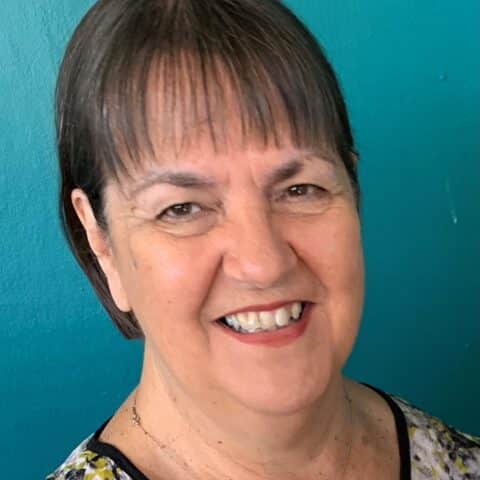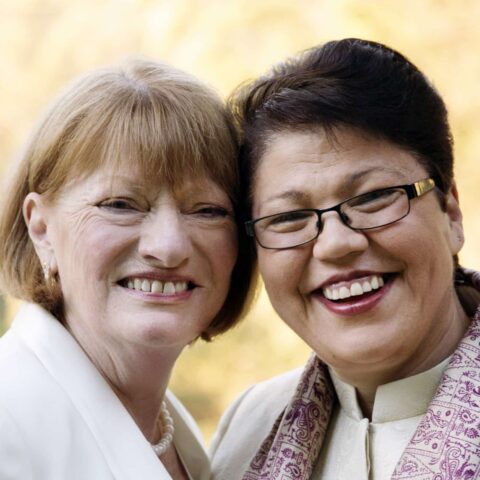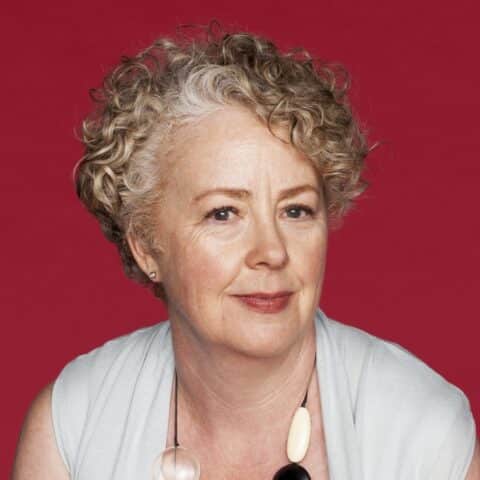- Research
- 2022-2026 Research Strategy
- Open Clinical Trials
- Closed Clinical Trials
- What is a Clinical Trial?
- Why Participate in a Clinical Trial
- Remote Telehealth Pre-Screening Process
- Research Achievements
- Publications
- Research Development and Funding
- Participating Institutions
- International Collaboration
- BCT Trials & Projects Summary
- Translational Research
- Clinical Fellowship Program
- International Fellowship Support
- Annual Scientific Meeting
- Travel Grants and Awards
- About
- Our Impact
- Fundraise
- Donate
- Researcher Login
- Cart
Learning that you have breast cancer can be an isolating experience no matter who you are or how you identify but there can be additional challenges and barriers for those in the LGBTQI+ community.
The ‘Out with Cancer’ study from the University of Western Sydney found that cancer patients in the LGBTQI+ community are 4 times more likely to report distress.
90% of people surveyed in the study said they’d experienced discrimination in their general lives, so when they go into cancer care they are afraid of how they will be treated by health professionals.
The study found that there is also a higher level of anxiety about disclosing their sexuality to their doctor or medical team, and they don’t have the same support systems compared to patients in the general cancer population.
Patients in the LGBTQI+ community may also have difficulty having their partners or other significant people recognised as family, while navigating the health system as a gender and sexually diverse partnership.
Research indicates that responses to treatment-related physical and emotional changes can vary widely in the LGBTQI+ community and changes may include hair loss, mastectomy, breast reconstruction or flatness, fertility, sexuality and intimacy. Body image and identity may also change due to the impact of cancer treatment.
In our Q&A about breast cancer in the LGBTQI+ community, we discuss key findings from the ‘Out with Cancer’ study, the impact of treatment-related body changes, the positive benefits of disclosing to your medical team, inclusivity and diversity in breast cancer research, and what support is available to help patients and their partners.
Information and resources for LGBTQI+ people diagnosed with breast cancer can be found here:
Out with Cancer Study Publications
The Out with Cancer study team are currently in the process of writing up and publishing the findings of the study.
Papers published so far include:

